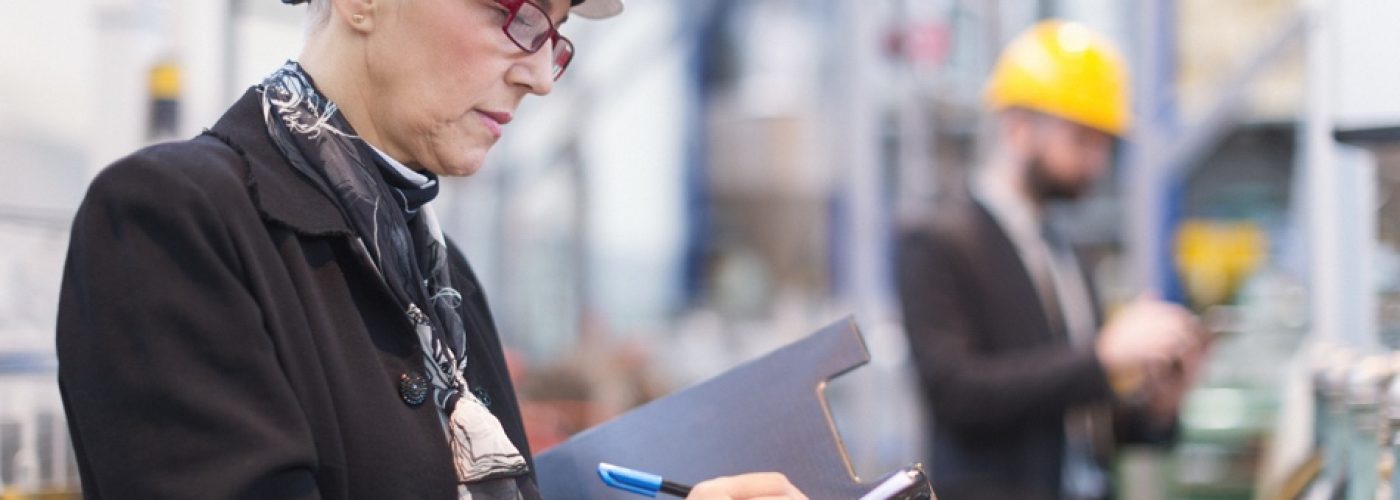35% of manual construction workers say bosses put profits before people
Over a third of manual and semi-skilled construction workers in the UK believe their employer is putting profits before people, according to a major new study.
Across all sectors, 37% agreed that their workplace focuses more on making money than keeping people safe, but that was 2 percentage points lower for those in construction.
Almost one in ten from the sector who took part in the survey, carried out by YouGov on behalf of global workplace safety leader A-SAFE, also said they feared for their safety every day at work.
The research also found a perception that the focus on Covid-security has compromised other measures designed to keep workers safe.
Global workplace safety leader A-SAFE, based in West Yorkshire, commissioned the survey as they launch a worldwide campaign to highlight the risks being taken in some factories, warehouses and distribution centres, and the important safety measures that can be put in place to reduce them.
2,019 manual and semi-skilled workers from across the UK were questioned. Among them were workers from the construction sector – among the key findings from that group:
- 35% believe that profits are put before people in terms of ensuring the right health and safety measures are in place where they work.
- 37% say the focus on creating Covid-secure environments has led to the neglect of other health and safety measures – compared to the national average of 33%.
- Almost a quarter (23%) do not think their employer is dedicated to keeping them safe and they do not trust them to protect workers.
- Taken together, this leads to almost one in ten (8%) of those surveyed saying they go to work every day not feeling safe in general.
Analysis of the official RIDDOR (Reporting of Injuries, Diseases and Dangerous Occurrences Regulations 2013) data from the Health and Safety Executive (HSE) shows that, on average, at least 136 workers have received fatal injuries in the workplace each year since 2016 with 70,000 receiving injuries. One in five of those deaths came from being struck by a moving vehicle.
It is feared that many non-fatal injuries go unreported by workplaces who choose not to notify the HSE of accidents and near misses under RIDDOR.
James Smith, co-owner and director of A-SAFE said: “I know that for some construction businesses health and safety becomes a chore with red tape, ticking boxes and endless bureaucracy. But when there are failures, the results can be catastrophic – lives can be changed and families devastated in an instant. it is time this hidden cost of going to work is highlighted, and that is what this survey and our campaign aims to do.
“Protecting the health and safety of employees is an essential part of a company’s risk management and must be led by its leadership team. People are at their most vulnerable in industrial workplace environments, where vehicles and pedestrians are working in proximity, and yet more could be done to protect employees at work.
The new campaign from A-SAFE will show these risks and highlight one story in particular – that of Lisa Ramos, a mum-of-one who lost her leg after being struck by a forklift truck. A gritty and emotional short film, titled Amputee, follows the traumatic impact of limb loss on Lisa and her family, and shines a harsh spotlight on the hidden cost of workplace safety.
The safety barrier manufacturer is calling for stricter standards to be put in place to reduce injuries, protect workers and ensure that everyone who goes to work at the start of their shift is able to go home when it ends. A-SAFE is now calling for businesses to adhere to PAS 13 in workplaces. PAS 13 is guideline for organisations to follow which reduces the risk of collision accidents and ensures protection is fit for purpose and has been published by the British Standards Institution (BSI).
James Smith adds: “Our survey serves to encourage business leaders to make better decisions and improve legislation, and the findings indicate that more needs to be done to tackle some of the industry’s most pressing health and safety challenges. Ultimately, failure to include health and safety as a key business objective can have catastrophic results.
“We are launching our campaign, ‘The Hidden Cost of Workplace Safety’, to help raise awareness of the issue and increase standards in the workplace. As industry experts, we support organisations of all sizes to find the best ways to lead and promote health and safety, and therefore meet their legal obligations.”
The Royal Society for the Prevention of Accidents (RoSPA) welcomes A-SAFE’s work to draw attention to the importance of good health and safety management and the need to follow guidelines in the workplace.
Dr Karen McDonnell,occupational health and safety policy adviser, head of RoSPA Scotland, commented: “The research highlights that during the pandemic, there has been a shift in attitudes towards health and safety – businesses faced pressure to be covid-secure and continue to operate. It also shows the worries, fears and anxieties that many of us face in a working environment.
“The insight this research provides will help businesses and government bodies understand the need to follow clear guidelines for businesses in terms of health and safety. Lisa’s story highlights the human impact that a workplace accident can have on someone and how following clear guidelines, such as PAS 13 from the BSI, can make these accidents avoidable.”
To watch the full Amputee film and find information on the ‘The Hidden Cost of Workplace Safety’ campaign, visit: asafe.com/thehiddencost





